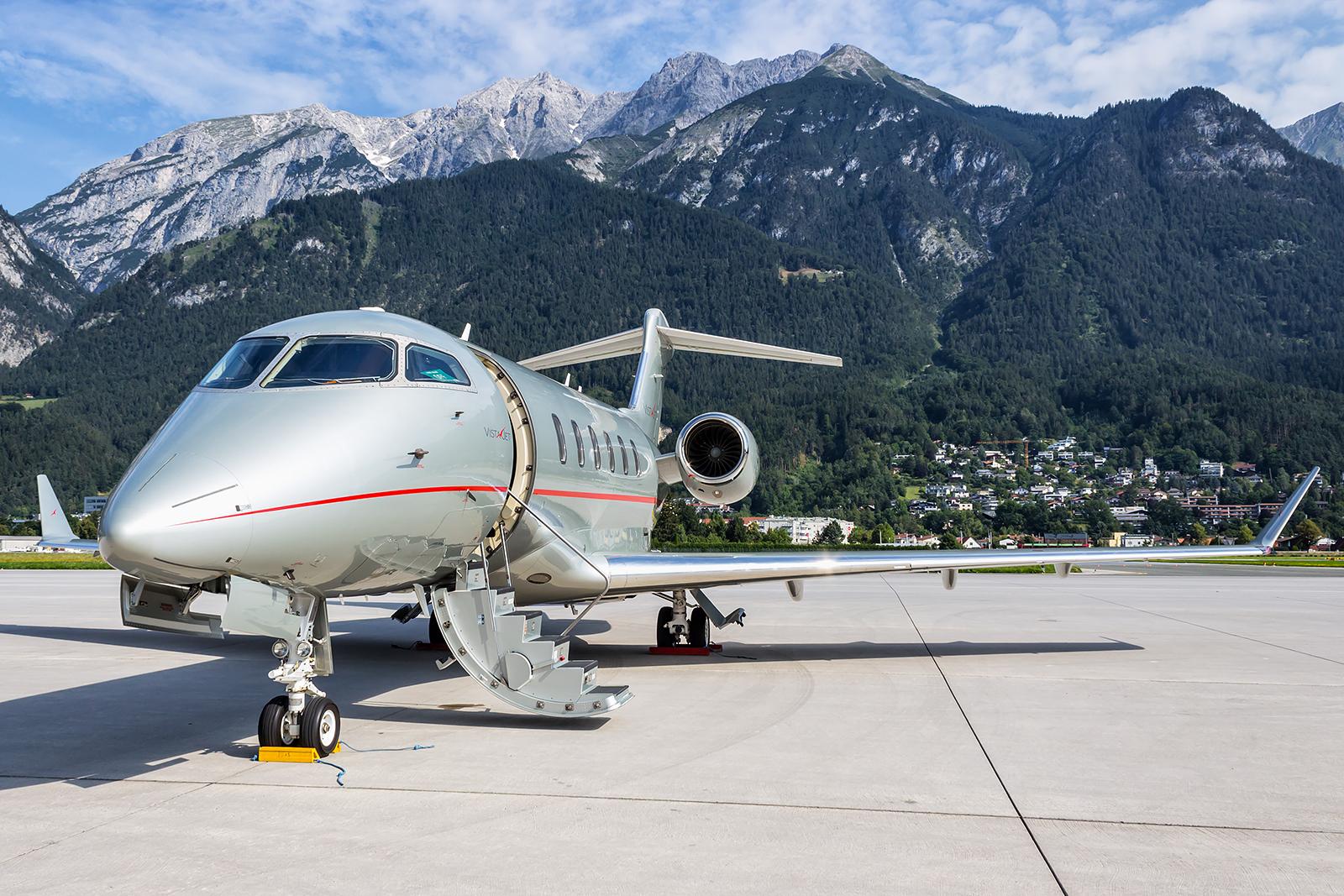
European business aviation operators are hopeful that the planned opening of U.S. borders for European travelers in November will lead to an increase in activity, industry experts told attendees at a meeting late last month in Paris organized by the French journalists’ association AJPAE.
The Biden administration intends to open up travel to the U.S. to visitors from 33 countries from which nonessential travel had been banned, including the U.K. and most of the EU, provided they have proof of COVID-19 vaccination or a negative test. The move was hailed by commercial airlines as an important step toward recovery, but it will also have an important impact on business aviation operators.
“I’m counting very much on the transatlantic sector,” said Bertrand d’Yvoire, head of Dassault Falcon Service, chairman of the board of the European Business Aviation Association’s (EBAA) France branch and EBAA board member. “We have flights already planned on the North Atlantic for November and December even though we only heard the news two or three days ago.”
VistaJet, whose fleet numbers 76 aircraft based on four continents, including more than 20 in the U.S., also has seen the first signs of interest from customers since the announcement, said Simon Rochefort, vice president of sales at the air charter broker.
“We’re fully equipped to fly transatlantic, which was among the long-haul flights we did most before COVID. We fly all the big captains of industry, people who are always looking for opportunities and to optimize their performance. What makes me optimistic is that when the authorization was given in the other direction [in June], on the same day we saw an increase of 500% in the number of demands for long-haul flights from the U.S. to Europe."
The executives said COVID-19 had led to an influx of new customers for the sector, whether well-off leisure travelers looking for a more COVID-safe journey than a commercial flight, leisure customers traveling to European holiday destinations such as the Greek islands, or business travelers seeking to make trips on routes that commercial airlines are not operating.
At least some of that demand from new customers would remain, Rochefort said. “Before COVID, only around 10% of people who could afford to pay for a private jet did so,” he said, noting that it was impossible to provide an estimate of how much that proportion would have grown since the crisis, “but I think it is going to be absolutely spectacular.”
However, the bulk of the sector’s activity will continue to come from the business world, and the two executives said they hoped demand for business travel would return, although the rise of remote working technologies could have a long-term impact.
“The level of activity we have reached today does not mean that we have canceled out the crisis,” d’Yvoire said. “We are quite far away from that. On paper in July/August we surpassed 2018 in terms of number of movements, but if we look at revenue we are still 30% or 40% down because the larger aircraft are not there.”
The two executives said they were confident the sector would return to pre-COVID levels but that the reopening of the U.S. and of important Asian markets, such as China, was key.
However, d’Yvoire said business travelers’ habits were changing.
“I am a little concerned about the habits of business travelers who have been forced to turn to videoconferencing. The question is whether they will come back to the same extent. If you’re used to going to see a client four times a year, perhaps you’ll decide to go twice and have two videoconferences,” he said.
For the moment, demand for business travel is still down, whether that applies to commercial flights, the business aviation sector or even trains, d’Yvoire said. “We hope it will come back.” For that to happen, consistency in regulations is needed.
“When people feel they are subject to restrictions that keep changing, they decide to stay put. Uncertainty generates immobility. I am quite certain that business aviation can return quite quickly to its pre-crisis levels as soon as health barriers are removed.”
